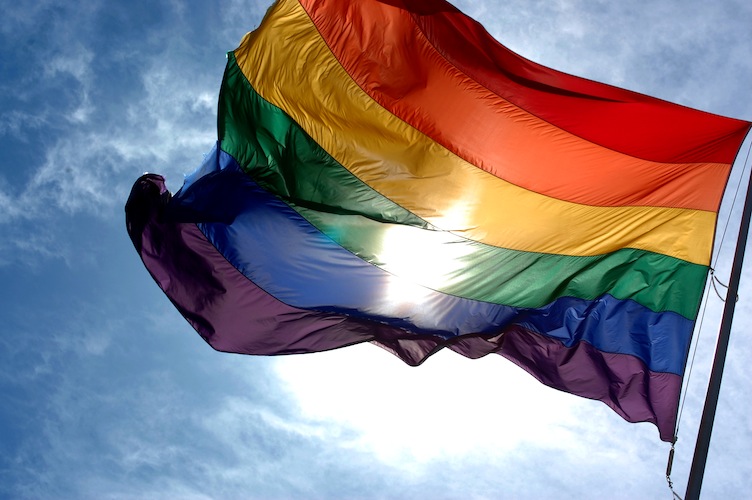
Most people lack the chutzpah to rise completely above adhering to social stereotypes, nor is this necessarily a bad thing. As one charts the stormy waves of pubescence to the safe shoals of adulthood, a stereotype can help with the formation of one’s personality. A stereotype, or, as Merriam-Webster puts it, a “standard mental picture that is held in common by members of a group,” presents an already-formed point of reference in which one can situate himself. In assimilating the many and varied people one meets in life, stereotyping is even an instinctual method of analysis, a way to comprehend the overwhelming mass of individuals.
We at the University of Puget Sound should pride ourselves on the diversity of stereotypes that have arisen from certain segments of our population. Our stereotypes are far more adept and sophisticated than those in popular media. There is the Carhart-and-clog wearing crew guy, the boat-shoed hipster, the pot-smoking sorority girl, the shockingly studious swimmer, the neck bearded D&D set, the chummy Sigma Chi bro, the overly-nice longboarder, the dread-locked lacrosse player and the literature student with a newsboy cap, just to name a few. None of these familiar types seem to be particularly rigid either. Each has internal variety.
One subgenre of our campus, however, has an insufficient stereotypology.
Gay males, as we all know, are effeminate, promiscuous, catty, well-dressed and are fond of electro-pop music, “Glee” and gossip, right? Hardly. Of course, there are gays at Puget Sound who pride themselves on these tastes, but there are also many more. In falling outside the established realm of gay behaviors, these others occupy a shadowy, inconceivable middle ground. Their sexual preferences distinguish them from straight males, but their lack of traditionally “gay” signifiers puts them at odds with the prevalent perception of homosexual lifestyles.
The root of the problem is the notion that between all gays there is an inherent commonality, a “gay community” to which one belongs by virtue of sexual preference. I, as a gay man whose affinities infrequently fall inside the sanctioned realm of “gayness”, am skeptical of the “gay community” notion. It homogenizes homosexuality. It positions homosexuality as the principal determinant of personality: “I am gay, therefore I am.”
With homosexuality as the principal determinant of personality, it is easy to explain away an individual’s preferences as a result of his gayness, so long as those preferences fit within the established realm of “gayness”: “Of course I like “Glee,” I’m gay!”
But when a gay man’s preferences don’t fall within that established realm, is he still gay? Certainly, as long as we do not presume that all gay men share interests and lifestyle preferences. Indeed, the only thing all gay men have in common is a sexual desire for other men, which is hardly a basis for an identity in and of itself.
Too much time has elapsed between now and the gay revolution for gay men to be dwelling on sexual conduct as their primarily defining characteristic. Gay men are simply another subset of men in society.
Sure, gays prefer different things sexually, but are all gays that different, essentially? No, gays are just people with their own diverse tastes.
Of course, from a political standpoint one can argue that gays need to amass for the sake of achieving political equality, but that requires no more harmony than that which makes all democrats “democratic” and all republicans “republican”.
Gay men don’t need their own stereotypes. Men are men are men. And gay men are men are men. Why can’t there be a Carhart and croc toting male who just so happens to prefer other lads? Why can’t there be a long boarder who is into dudes? If being gay is recognized as a facet of one’s personality instead of being the principal determinant, homosexuality will become far more inclusive, diverse and normative. Gays who aren’t traditionally “gay” will avoid the stigmatizing, constricting stereotypology of those who wish to homogenize the homosexual experience.
Of course, the fact of one’s queerness will always place some distance between gay and straight men. But such is the nature of personal preferences. This does not mean that gay stereotypes and straight stereotypes should be mutually exclusive, however. Rather, as we proceed along the instinctive path of stereotyping to apportion our campus population, we must not let the mere fact of sexual preference cordon off gay males and make them ineligible for the stereotypes that presently exist.
